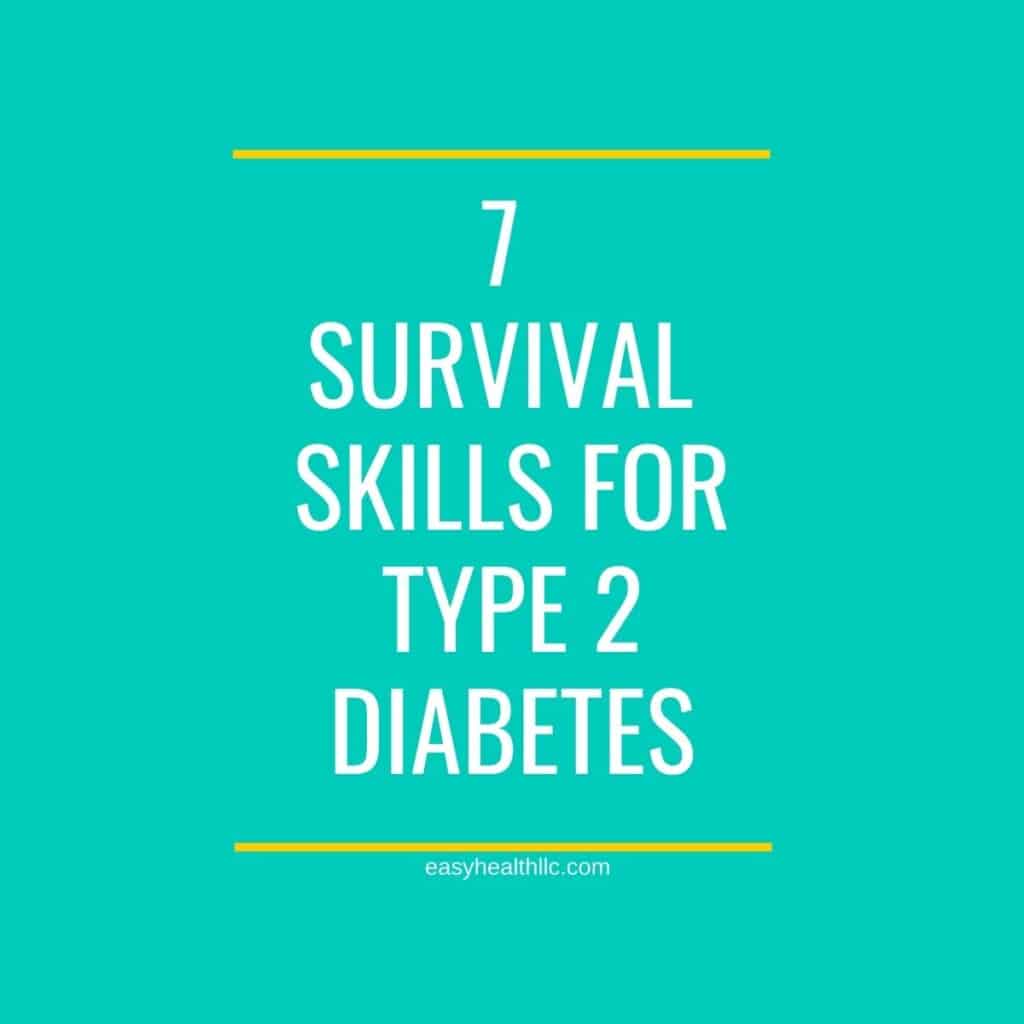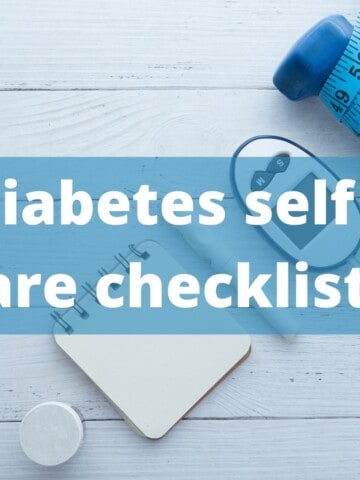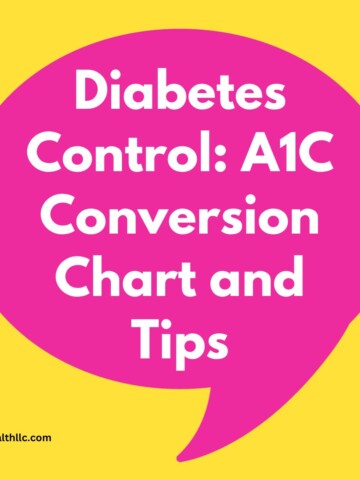Have you or a loved one been diagnosed with type 2 diabetes? If so, there are some very important skills to learn from day one. Caring for type 2 diabetes is a lifelong learning process that can be daunting at first. Learning some basic "survival" skills to begin will help you feel more confident in caring for yourself or a family member. Each topic includes links to helpful websites and resources.

1. General Information
- Overview of type 2 diabetes and care- It is important to learn some basic information about type 2 diabetes. This will increase your confidence in caring for yourself or others. The UGA cooperative extension has published an awesome online learning module called Focus on Diabetes. Also, your doctor's office and many hospitals have resource materials available on various type 2 diabetes topics.
- Frequency of health exams. Ask your physician or health care provider for recommendations regarding how often you should have exams and tests to check your health status. Diabetes can affect every part of your body, therefore those with type 2 diabetes must follow specific schedules for check-ups.
2. Foot Care and Eye Care
- In addition to regularly scheduled foot exams, it is very important to take good care of your feet each day if you have type 2 diabetes. The National Diabetes Education Program has a detailed online booklet- "Take Care of Your Feet for a Lifetime" which will help you get started.
- Diabetes can also affect the eyes and you will need to ask your physician for recommendations concerning how often you must complete check-ups. The American Diabetes Association has an online info page related to eye care that can explain eye care details.
3. Signs and Symptoms of High and Low Blood Sugar
- Learn the signs and symptoms of high and low blood sugar and what to do. The Vermont department of health offers a great overview with lots of tips.
- Here's a general overview of blood glucose from the American Diabetes Association.
4. Insulin Injection and/or Oral Medications
- Make sure your health professional has answered all your questions regarding insulin and/or oral medications. Another good resource for answers is your pharmacist.
- To supplement your health care provider's recommendations, there are many online resources on this topic. The National Diabetes Information Clearinghouse offers a good overview of diabetes medications.
5. Sick Day Management
- When you are sick, all your usual routines are disrupted which makes diabetes care even harder to perform. Stay in close communication with your health care provider and make a plan ahead of time for those days when you are unable to carry out your usual eating plan.
- Be sure to work with your health care provider to develop a sick day management plan ahead of time. You will also want to have certain supplies on hand for use during this times.

6. Exercise and Type 2 Diabetes
- Once again, be sure to check with your health care provider to make sure you are getting recommendations that are individualized.
- If you take medications to lower your blood glucose levels, you will want to know how exercise can affect these levels.
- In addition to your exercise plan, you may benefit from using an activity tracker to help you keep up with your exercise amounts.
7. Meal Plan for Type 2 Diabetes
- Your health care provider will guide you in determining the proper diet you should follow.
- Menus for type 2 diabetes diets and recipes may be helpful to get you started. Be sure to speak with a Registered Dietitian to get individualized type 2 diabetes diet information. When your provider recommends a carbohydrate level, you may find having some sample meal plans for various carb levels helpful in meal planning.






Comments
No Comments